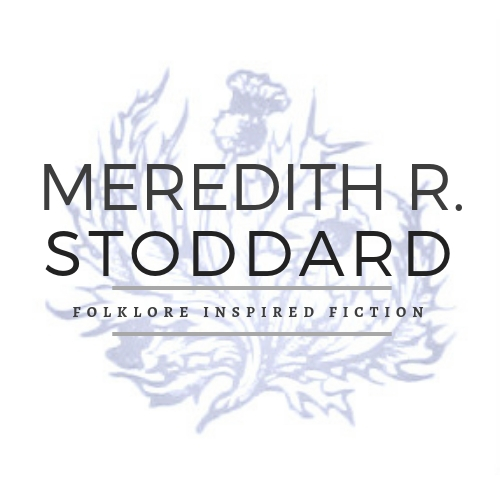Always leave 'em wanting more
/A young boy discovers a time portal inside a hydroelectric dam. A car full of refugees drives into an impenetrable fog. A young woman wakes up to find herself the poster girl for a revolution. Another young woman walks away from the only life she’s ever known.
They all sound like great starts to stories, don’t they? There’s just one hitch. They’re all endings. I won’t spoil them all by identifying the books, but with the exception of the last one, they’re all well-known books by bestselling authors. The last one, of course, is mine (2 points if you know which), but it’s an ending too; an ending and a beginning. And that’s just how I like to end my stories.
A lot of people don’t like cliffhangers. Conventional wisdom in writing circles is that they should only be used by writers with established audiences who will wait for the next book, or only if the next book will be coming hard on the heels of the first. I’ll admit. As a reader, I get it. I waited five years to find out what happened to that kid in the dam too. And I’ll admit I get a little flack from readers for ending my books the way I do. My reviews say things like, “Loved the story, hated the ending!” or “Wait, it ended?” or one reader who sought me out at a conference because she was nearly done with The River Maiden and she didn’t think I would resolve all of the unanswered question in the pages that she had left. I believe she had bought the book the day before, so either she’s a very fast reader or it’s a page turner;)
First let me say that I don’t consider my endings to be cliffhangers. A cliffhanger would be ending the story before there is ANY kind of resolution. I don’t do that. All of my stories however long or short, have some resolution to them. But it doesn’t stop there. This isn’t one of those 1960’s horror films where the credits roll as soon as the monster dies. There has to be a new beginning, a survivor’s log of sorts.
There are plenty of reasons why ending with a beginning isn’t a bad thing.
- Selling the next book. I can’t remember who said it, but I have heard that ‘the first chapter sells the book and the last chapter sells the next book’. This is a cynical reason, and not one that I favor but it does work to a certain extent. I don’t limit these endings to books or stories that I intend to write sequels for. I never intended to write more about the young woman that I mentioned above. But many readers of that story, have asked me what was next for her. Given the response that character has gotten. I think there is more in store for her, a ‘next book’ that I didn’t mean to write or sell.
- Engaging the reader’s imagination. Unanswered questions leave readers thinking even after they’ve put down the story or closed the book. They imagine their own endings, where they think the characters should go next. Whether there is a sequel in the works or not, these are the stories that linger, and the stories that readers come back to.
- Creating real, living characters. I like to read about characters that are real. I like to write them too. They’re flawed. They have hang ups and ticks and issues. They have histories that the reader may or may not know. They’re real to me. Their lives, however imaginary, don't start when the words do and they don’t stop when the words are done. We travel with them for a time and get to share in their adventures. Hopefully, it’s an exciting time and their lives are changed by it. Hopefully, the readers are entertained by the journey, maybe their lives are even enriched. But it’s just that, a ride along in the lives of these characters. If I’ve done my job right, at the end of the story, readers will care enough about the characters to wonder about what happens to them next.
My life didn’t end when my corporate career did, or when I graduated from college, or finally published a book. Those are endings, but they’re also beginnings. Until our hearts stop, every ending is also a beginning. And that’s just how I like to end my stories.



